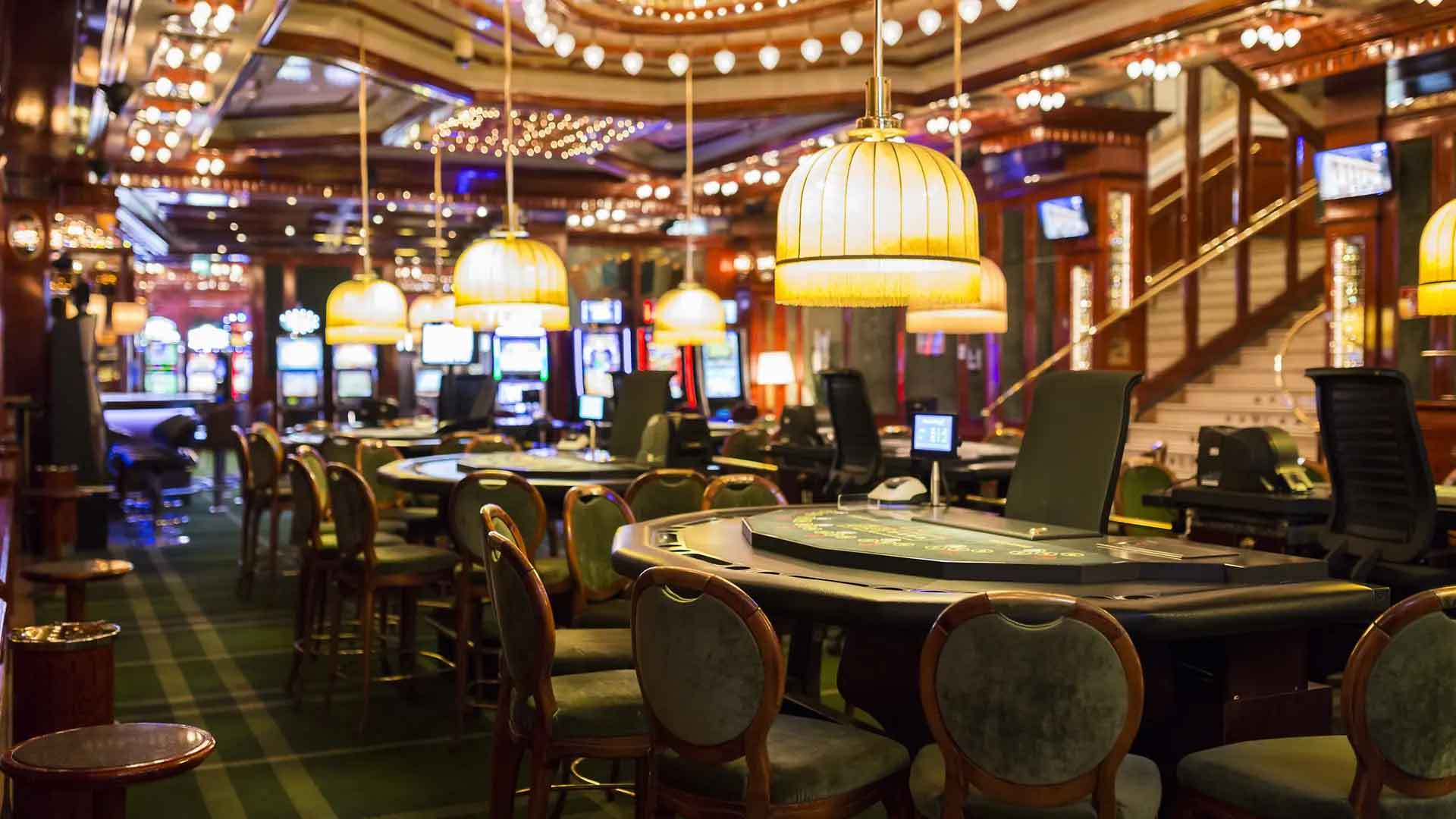The Impact of Gambling on Local Cultures

The Impact of Gambling on Local Cultures
Gambling, a practice as old as civilization itself, has woven itself into the fabric of numerous local cultures across the globe. Its influence is multifaceted, extending beyond mere economic transactions to deeply affect social norms, traditions, and even the very identity of communities. Understanding this impact requires a nuanced exploration of how widespread gambling can reshape societal values and practices.
One of the most immediate impacts of gambling on local cultures is its potential to alter economic landscapes. In many regions, the introduction or expansion of gambling activities, such as casinos or lotteries, can become significant revenue generators. This influx of capital can, in theory, fund public services, infrastructure development, and local businesses. However, this economic boom is often accompanied by a darker side. The increased disposable income directed towards gambling can lead to a decline in spending on essential goods and services within the community. Families may struggle to meet basic needs as a portion of their income is siphoned off by the allure of winning. This can create a cycle of debt and poverty, particularly impacting vulnerable populations.
Beyond the economic sphere, gambling profoundly influences social dynamics and community cohesion. The thrill of the game can foster a sense of excitement and entertainment, potentially bringing people together in shared experiences. For instance, local bingo nights or community raffles have historically served as social gatherings that strengthen bonds. However, as gambling becomes more prevalent and commercialized, it can shift from a communal pastime to an individualistic pursuit. The focus on personal gain can erode collective spirit and encourage a more competitive, less cooperative social environment. This can manifest in increased interpersonal conflicts, particularly when gambling addiction takes hold.
The cultural traditions and values of a community are also susceptible to the pervasive influence of gambling. In societies where communal harmony and traditional values are paramount, the individualistic and often secretive nature of gambling can present a stark contrast. This can lead to a gradual erosion of deeply held beliefs about hard work, thrift, and familial responsibility. For example, if gambling is perceived as a legitimate or even desirable way to achieve financial success, it can undermine the value placed on traditional crafts, trades, or agricultural practices. Generational knowledge and skills passed down through families may be neglected in favor of the immediate gratification offered by the betting industry.
Furthermore, the normalization of gambling can significantly impact perceptions of risk and reward. Cultures that traditionally emphasize caution and prudent decision-making may find their values challenged by the constant promotion of high-stakes betting. This can lead to a desensitization towards financial risk, potentially encouraging more impulsive behavior across various aspects of life. The constant exposure to advertisements and the ubiquity of gambling opportunities can create an environment where risk-taking is seen as aspirational rather than something to be carefully managed.
The impact of gambling on local cultures is a complex tapestry woven with threads of economic opportunity, social change, and cultural adaptation. While it can provide entertainment and generate revenue, the potential for societal disruption and the erosion of traditional values cannot be ignored. For those seeking legitimate online betting experiences, exploring options like the m88 sport link alternatif can provide access to regulated platforms, though it's crucial for individuals and communities to remain aware of the broader cultural implications of gambling.
Ultimately, the sustainability of gambling's presence within a local culture hinges on a delicate balance. Communities must engage in critical dialogue about the long-term consequences, implement responsible gambling policies, and actively work to preserve their unique cultural heritage. Without such proactive measures, the alluring glow of the jackpot could cast a long shadow over the traditions and values that define a community.
```